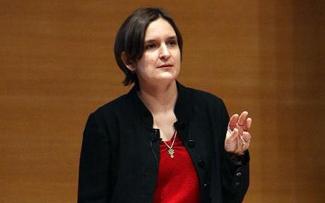Estimating the Benefit to Secondary School in Africa: Experimental Evidence from Ghana
Some researchers argue that secondary education is likely to have a much larger impact than primary education on long-run earnings, health, fertility, gender equality, and civic and political participation. But expanding secondary education is a significantly more expensive undertaking than providing free primary education. Working with the government of Ghana, this research project will examine the medium- and long-term impacts of secondary school for a cohort of students in Ghana who earned admission to a secondary school but could not afford to pay the fees. The researchers have identified 2,000 students who took the senior secondary school qualifying exam in April 2008 and gained admission to a school for September 2008, but who did not enrol because of financial distress. Out of these 2,000 students, 682 were selected through random assignment to each receive a four-year scholarship to attend the senior secondary school to which they were admitted. Of those students, 75% went on to enrol in senior secondary school in 2009, in contrast to only 16% of those not assigned a scholarship. Between 2010 and 2018, the researchers will keep track of all 2,000 students and conduct follow-up surveys on the individuals and their households every three years. The follow-up surveys will include questions on health, labour market outcomes, and fertility and marriage. This research will provide insights into the medium- and long-term effects of acquiring secondary education on multiple aspects of life and well-being.





